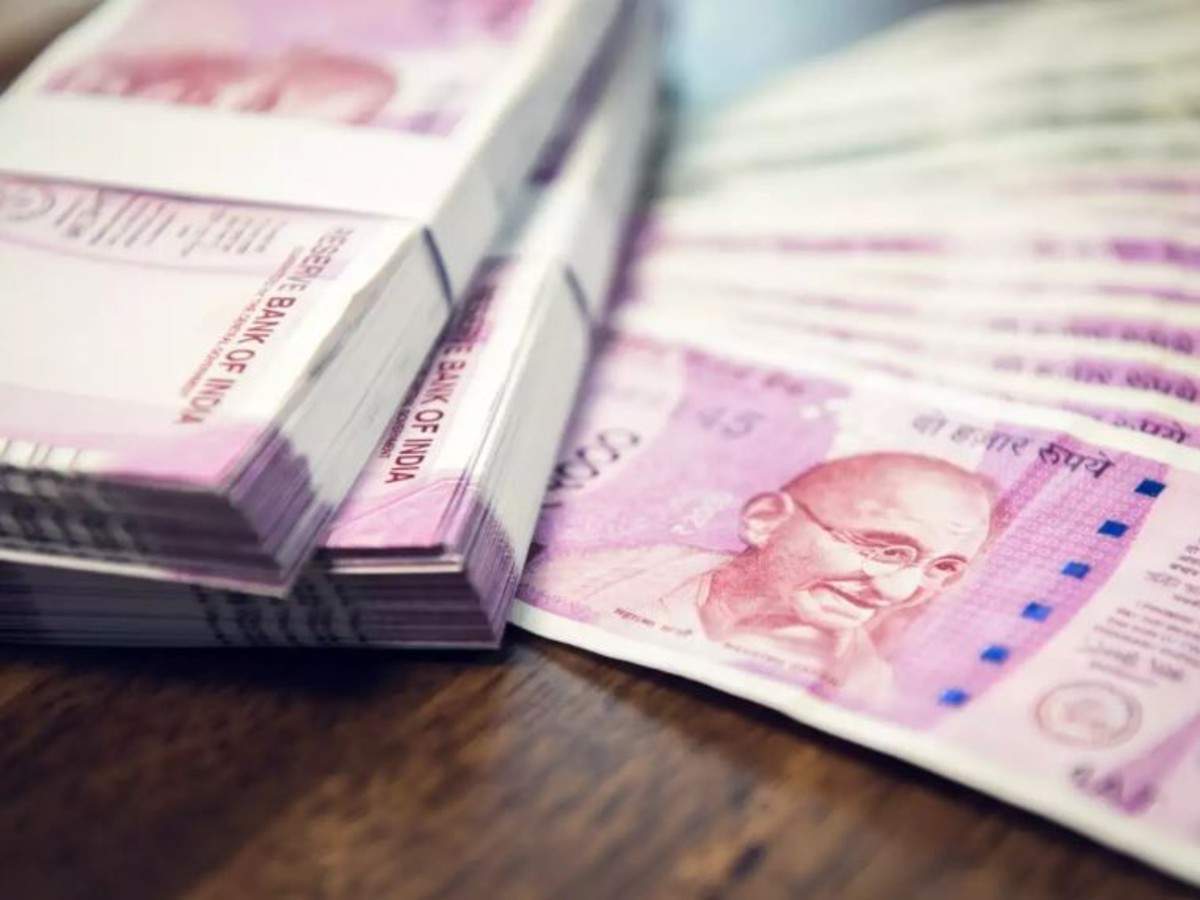
BENGALURU: Despite the Covid-induced resource crunch, the state government plans to hike the dearness allowance (DA) of its employees by 11 per cent. Last week, the Centre had increased the DA of its staff members from 17 to 28 per cent.
CS Shadakshari, the president of the Karnataka State Government Employees’ Association, said on Tuesday that chief minister BS Yediyurappa had given in-principle approval and an order was expected in a couple of days.
The state had announced a 4.7 per cent DA increase in October 2019, but the Covid-19 crisis in 2020 forced it to put the move on hold for a year. The deferment of the hiked component reduced the DA from 11.2 per cent to 6.5 per cent. Government employees demanded that it be restored.
After the Centre’s recent step, Karnataka has decided to do the same. “State employees are due for the 11 per cent hike as the government missed the revision three times after deferring the enhanced DA in June last year. In fact, they are eligible for a 14 per cent hike. Still, we accept this, considering the prevailing financial situation,” Shadakshari said.
Higher DA will benefit about 6 lakh employees, 4.5 lakh pensioners and 3 lakh workers of boards and corporations. The government spends Rs 62,413 crore annually to pay bills, of which, Rs 23,413 crore goes to pensions. The DA hike is expected to result in an additional burden of Rs 6,824 crore on the exchequer. On average, the monthly salary of each employee may rise by Rs 5,000 to Rs 6,000. Officials of the finance department said that they were running the numbers.
State government employees want their salary levels to match those of central staffers. “There is a wide disparity in the salaries of the state and central governments. State employees draw Rs 10,000 to Rs 40,000 less than their counterparts in the central government. The state government should rectify this,” said JG Patil, the secretary of the Karnataka State Government Employees’ Association.
Patil added that the association had formed an expert committee to study the pay disparity and it would submit a memorandum to the government based on the report.
But a section of stakeholders believes that following the central pay model may result in a loss for employees in the long run. “While the Centre constitutes the Pay Commission once in 10 years, in the state, it is done in five years. The 7th Pay Commission is due in 2023 in the state. There was a 30 per cent hike in the 6th Pay Commission,” said BP Manje Gowda, a former president of the association. “The Centre’s 7th Pay Commission is expected to recommend a hike of about 14 per cent next month. If we seek the same here, employees will lose heavily.”







